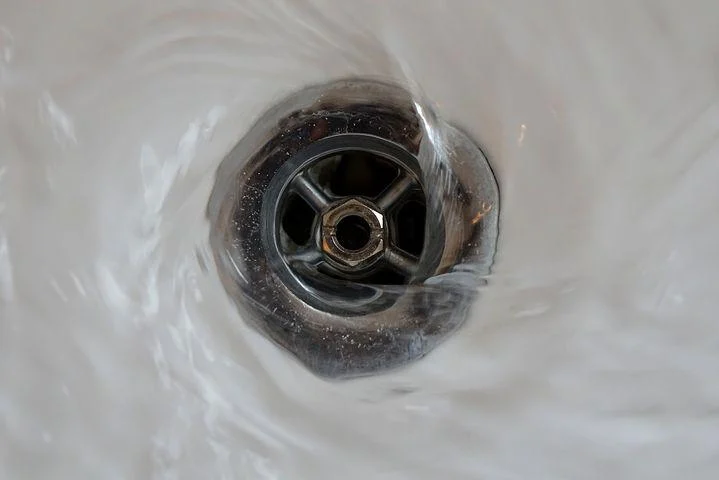The kitchen is the heart of the home, where we create culinary masterpieces and experiment with flavors. However, when it comes to cleaning up after the feast, not everything should find its way down the sink drain. In this blog, we’ll explore the often-overlooked list of foods and liquids that should be kept far from your kitchen sink, preventing clogs, foul odors, and potential plumbing disasters.
Cooking Oils and Grease:
Pouring hot cooking oils or grease down the sink may seem convenient, but it’s a recipe for disaster. As these substances cool, they solidify and can coat the interior of your pipes, leading to stubborn clogs over time. Instead, let them cool in a container and dispose of them in the trash.
Coffee Grounds:
Those tempting coffee grounds might make a fantastic cup of joe, but they have no place in your sink drain. Over time, coffee grounds can accumulate and create a sludgy mess, causing slow drainage and potential clogs. Dispose of them in the trash or use them for composting.
Eggshells:
While eggshells may seem harmless, they can stick to grease and other debris in the pipes, contributing to clogs. Dispose of eggshells in the trash or use them for composting to give your garden a nutrient boost.
Pasta and Rice:
Don’t let leftover pasta or rice make their way down the drain. When these foods absorb water, they expand, leading to potential blockages. Dispose of them in the trash or consider composting for a more eco-friendly option.
Fibrous Vegetables:
Stringy vegetables like celery, asparagus, and corn husks can wrap around the blades of your garbage disposal, causing it to jam. Dispose of these items in the trash or, even better, start a compost pile in your backyard.
Fruit Pits and Seeds:
Hard fruit pits and seeds can damage your garbage disposal blades and create blockages in your pipes. Toss them in the trash or consider composting them if possible.
Dairy Products:
Milk, cheese, and other dairy products may leave behind a residue that can contribute to clogs and unpleasant odors. Instead of washing dairy products down the drain, wipe off excess residues into the trash before washing dishes.
Bones:
Whether from meat or fish, bones are too hard for your garbage disposal to handle. They can damage the blades and contribute to clogs. Dispose of bones in the trash or consider composting them in a specialized composting system.
Household Chemicals:
While not a food item, it’s crucial to mention that household chemicals, including paint, motor oil, and cleaning agents, should never be poured down the sink drain. These can contaminate water sources and harm the environment. Follow proper disposal guidelines for hazardous materials.
Dried Glue or Adhesives:
Avoid washing away dried glue or adhesives in your sink, as they can harden and cause clogs. Dispose of these materials in the trash or follow the recommended disposal methods on the product label.
Maintaining a healthy and efficient kitchen sink requires mindfulness about what goes down the drain. By avoiding the aforementioned foods and liquids, you’ll not only prevent plumbing issues but also contribute to a more sustainable and eco-friendly kitchen environment. Embrace responsible disposal habits and keep your kitchen running smoothly for years to come.

